It’s taken me five and a half years to finally write this blog post. I kept putting it off – not because I didn’t want to write it, but because I never quite felt ready to share this with the world.
For as long as I can remember, I’ve been searching for meaning in life. I’ve always believed in some kind of God – and deep down, I still do. But I’ve struggled to align myself with any one religion or set of doctrines. There’s always something that doesn’t sit right with me – often more than just one thing.
I grew up culturally Protestant. I was christened by default and chose to be confirmed at 13. I even went to church for a while, but once adolescence took over, my attention shifted elsewhere. Still, I wore a cross and called myself a believer. Churches gave me a sense of peace – and they still do – but that was the extent of my Christianity.
Then, in 2018 while living in Greenland, I discovered the Bahá’í Faith. And for a while, I thought I’d finally found what I’d been looking for.
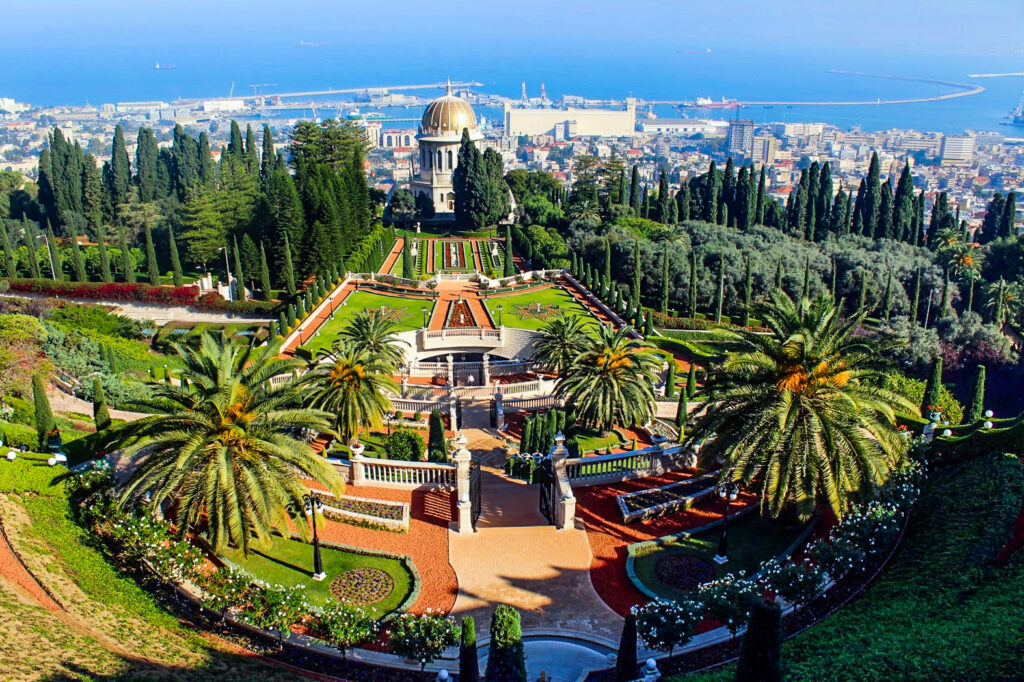
The Bahá’í Faith welcomes everyone – regardless of race, gender, sexuality, or even religion. It’s a faith built on unity and inclusion, which I deeply admire. But as much as I believed in its core values, there were two teachings I couldn’t reconcile with. One: that animals don’t go to heaven. I simply don’t want to imagine an eternity without my beloved pets. How could I be in paradise without Minnie by my side? And two: while the Faith accepts LGBTQIA+ folks as members, it does not allow same-sex marriage. I don’t think that needs any explanation as to why that’s wrong.
Still, I tried to ignore these points, to push them to the back of my mind and focus on the parts I did agree with. And while I was living in Nuuk, that wasn’t hard as the Bahá’í community there was vibrant and full of love. But the truth is, my initial draw to the Bahá’í Faith wasn’t faith itself – it was the people. I loved the community and always looked forward to our meetings, though not necessarily for the spiritual content.
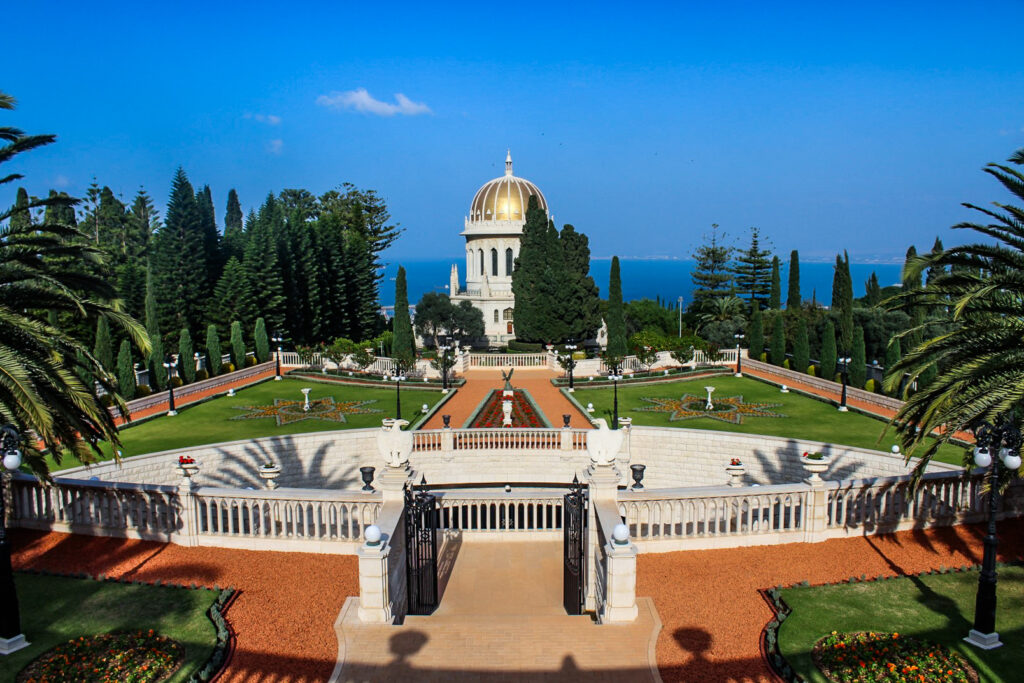
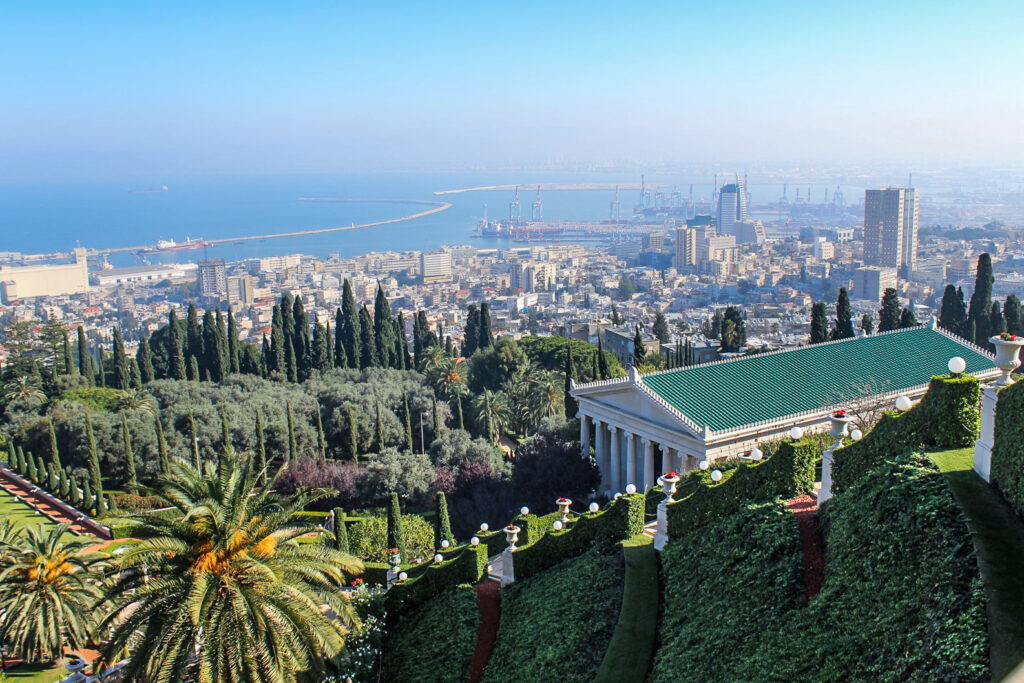
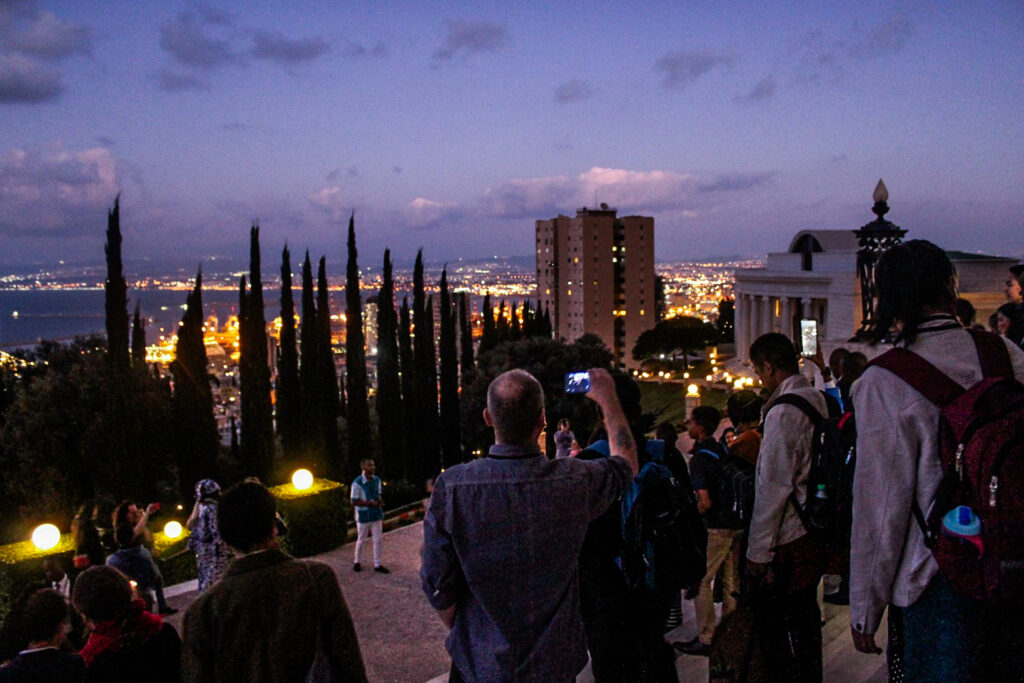
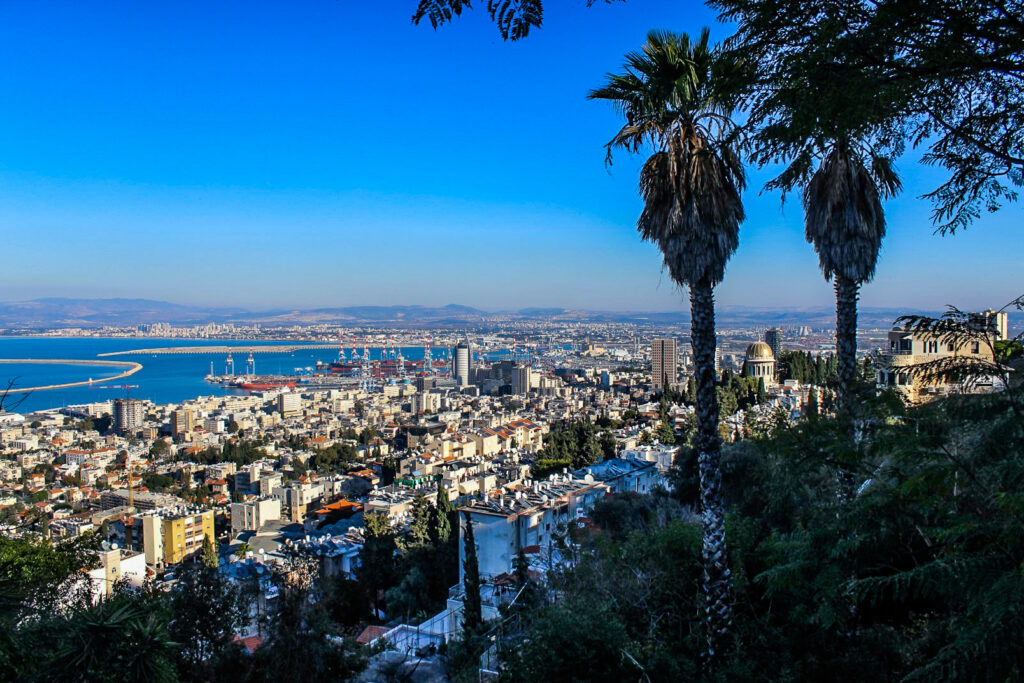
After leaving Nuuk, I tried to hold on to the Bahá’í way of life. I told myself I believed. I fasted during the Nineteen-Day Fast. I prayed daily. I gave up alcohol. I even met with Bahá’í communities in the Faroe Islands, Iceland, Denmark, and Scotland. Then, in December 2019, I went on a nine-day pilgrimage to Haifa and Akko in Israel with some Greenlandic Bahá’ís. It was a powerful experience. I met people from all over the world and felt immediately welcomed. Bahá’ís are among the kindest and most generous people I’ve ever met, even if their warmth sometimes feels a little performative.
But something wasn’t right. Outwardly, I looked like a devoted new believer, moved by the holy places and honoured to be there. Inwardly, I felt disconnected. I admired the architecture of the temples, but felt no spiritual spark. When I met a member of the Universal House of Justice – the supreme governing body of the Bahá’í Faith – it didn’t move me the way it seemed to move others.
And when the moment came to view a rare photo of Bahá’u’lláh, the founder of the Faith – something people around me were crying over – I felt… nothing. Just emptiness. It hit me then, more clearly than ever: I’d been lying to myself. I wasn’t a believer. I was someone who felt lost and wanted something – anything – to hold onto.
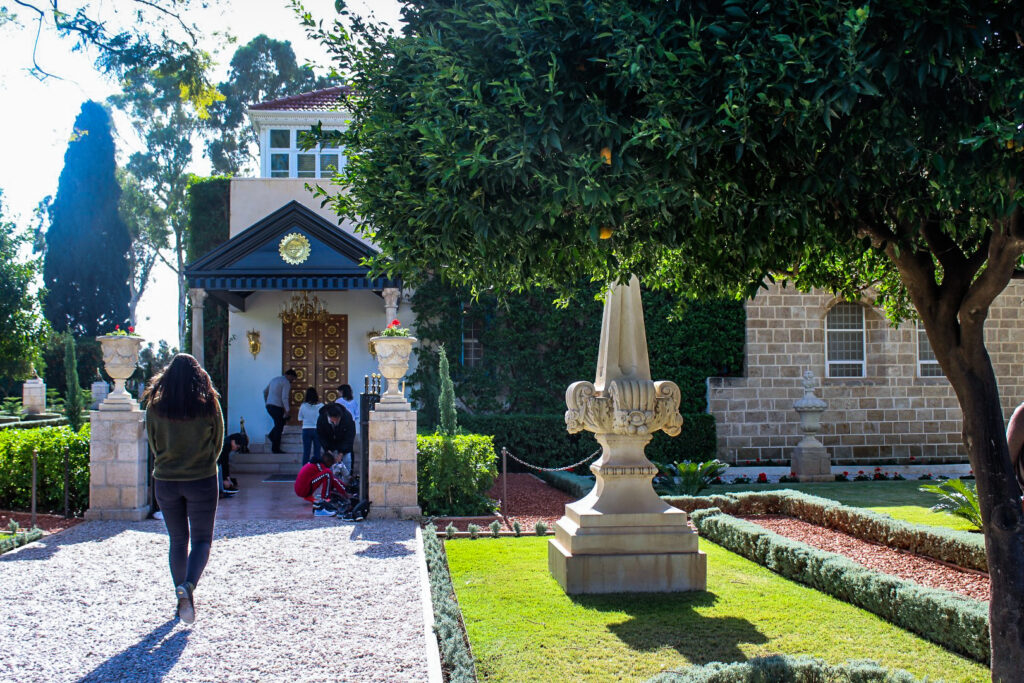
For years, that realization made me feel like a failure. But slowly, I’ve come to understand that I don’t need to follow a fixed set of rules to be a good person. I don’t need a holy book to tell me to help others. I don’t want to be kind to impress a God – I want to be kind because it feels right in my soul. I can love freely, unconditionally, and authentically, not because someone told me to, but because that’s who I want to be.
Everyone needs something to believe in. For me, that something is love – love for my family, for my friends, for animals, for the Earth, for Taylor Swift’s music, for life and for adventure. I love life so deeply that I don’t want to spend it worrying about what comes after. If there is a God, and I’ve lived a life rooted in love and mindfulness, I trust that will be enough.
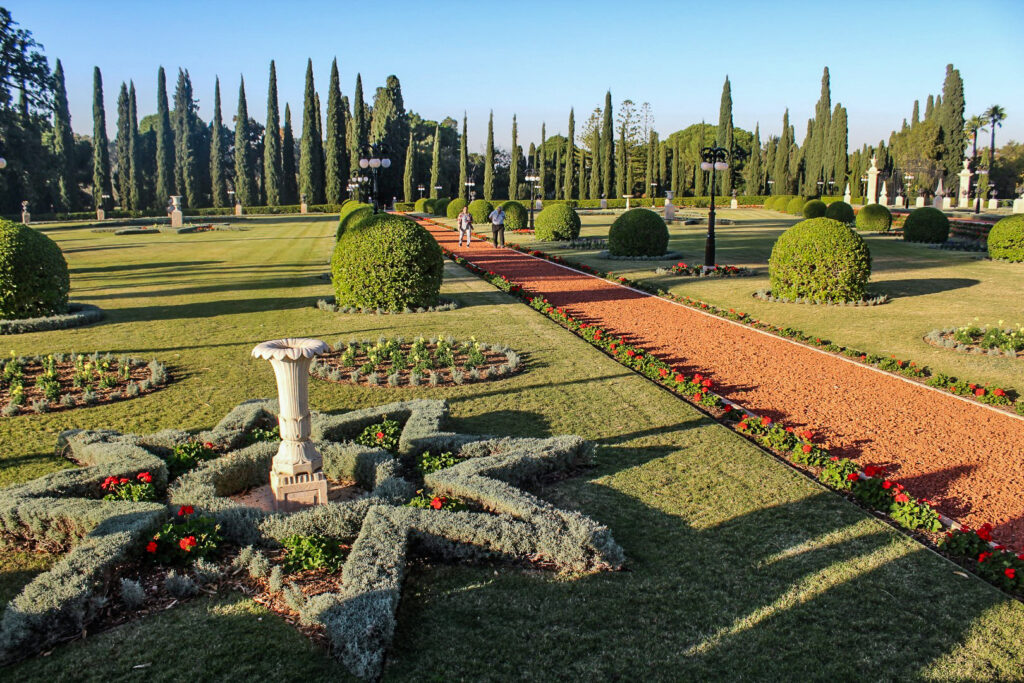
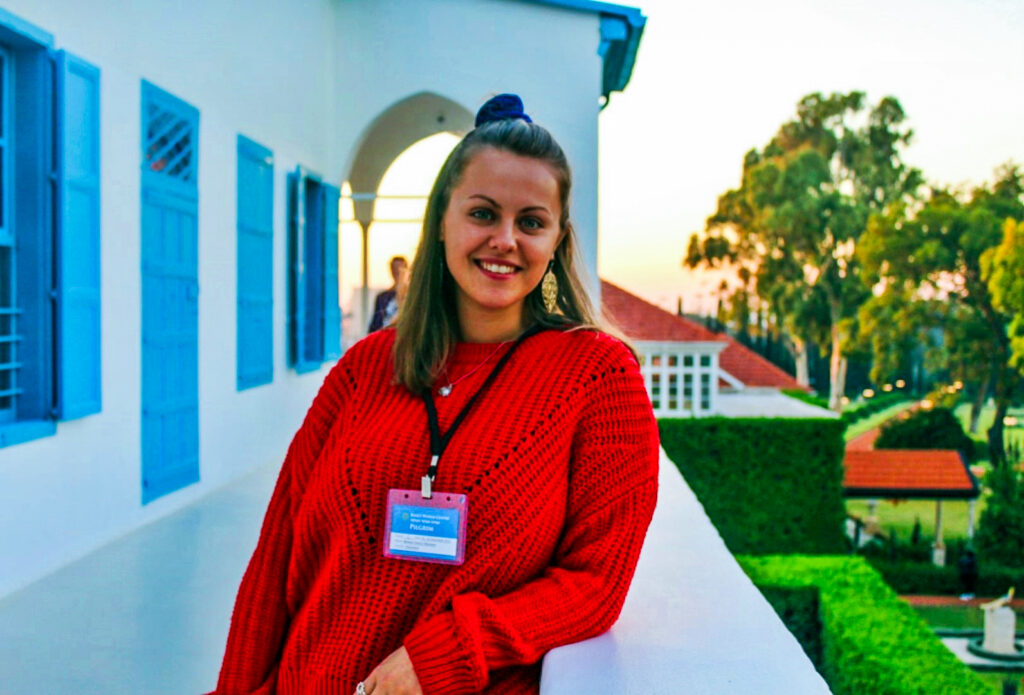
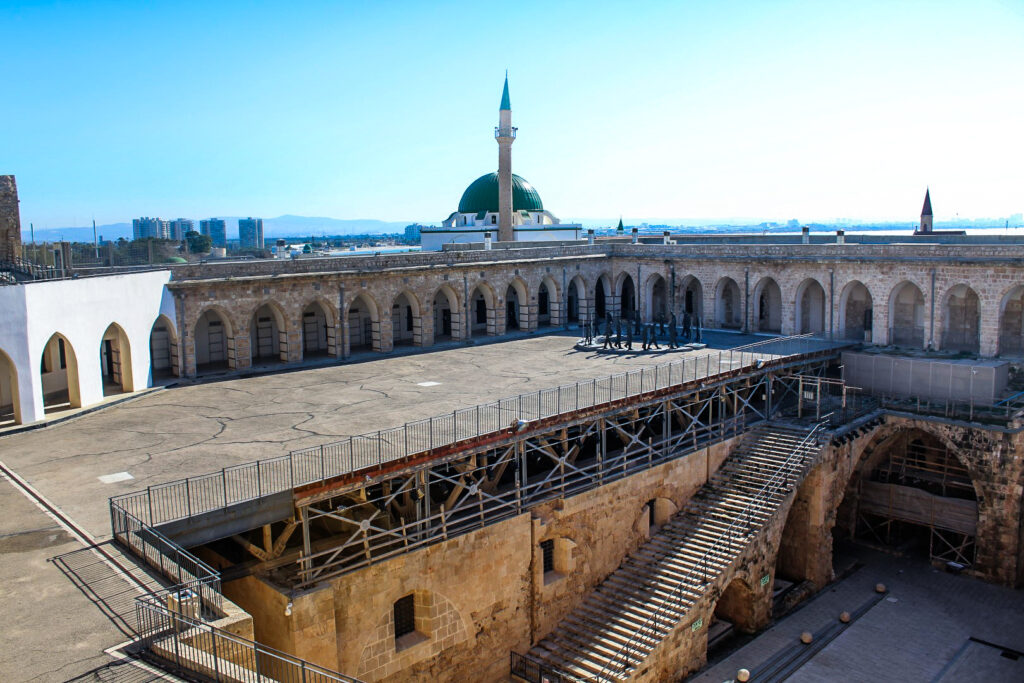
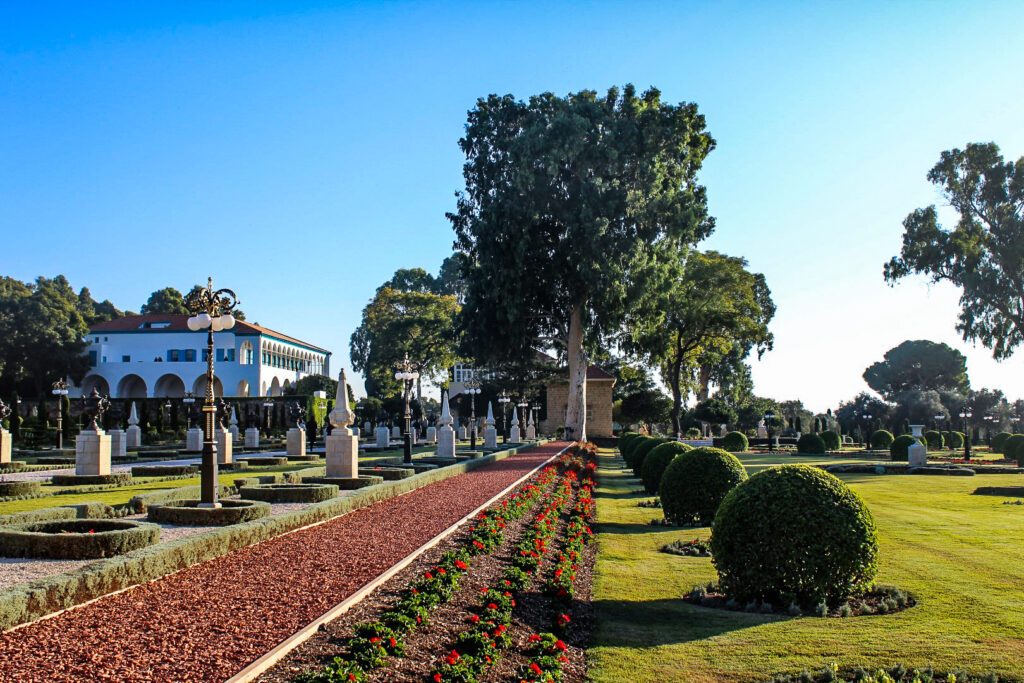
My pilgrimage was a beautiful experience. I learned so much, met incredible people, and gained a deeper understanding of myself. But by the time it ended, I knew I wasn’t truly Bahá’í. I didn’t fast again. I prayed only in moments of desperation, like I used to before discovering the Faith. I continued abstaining from alcohol for three more years, but that was a personal choice, not a religious one.
This isn’t a goodbye to religion entirely. I still find religion beautiful when it’s not used to control or divide. I’m fascinated by religious history and love learning about different traditions. I admire people who keep their faith alive across generations. But I no longer want to force myself to belong. I don’t want to live by a set of beliefs out of obligation. I’m learning to trust my own values. For me, love should never be something we’re taught to perform to appease a deity. It should come from within.
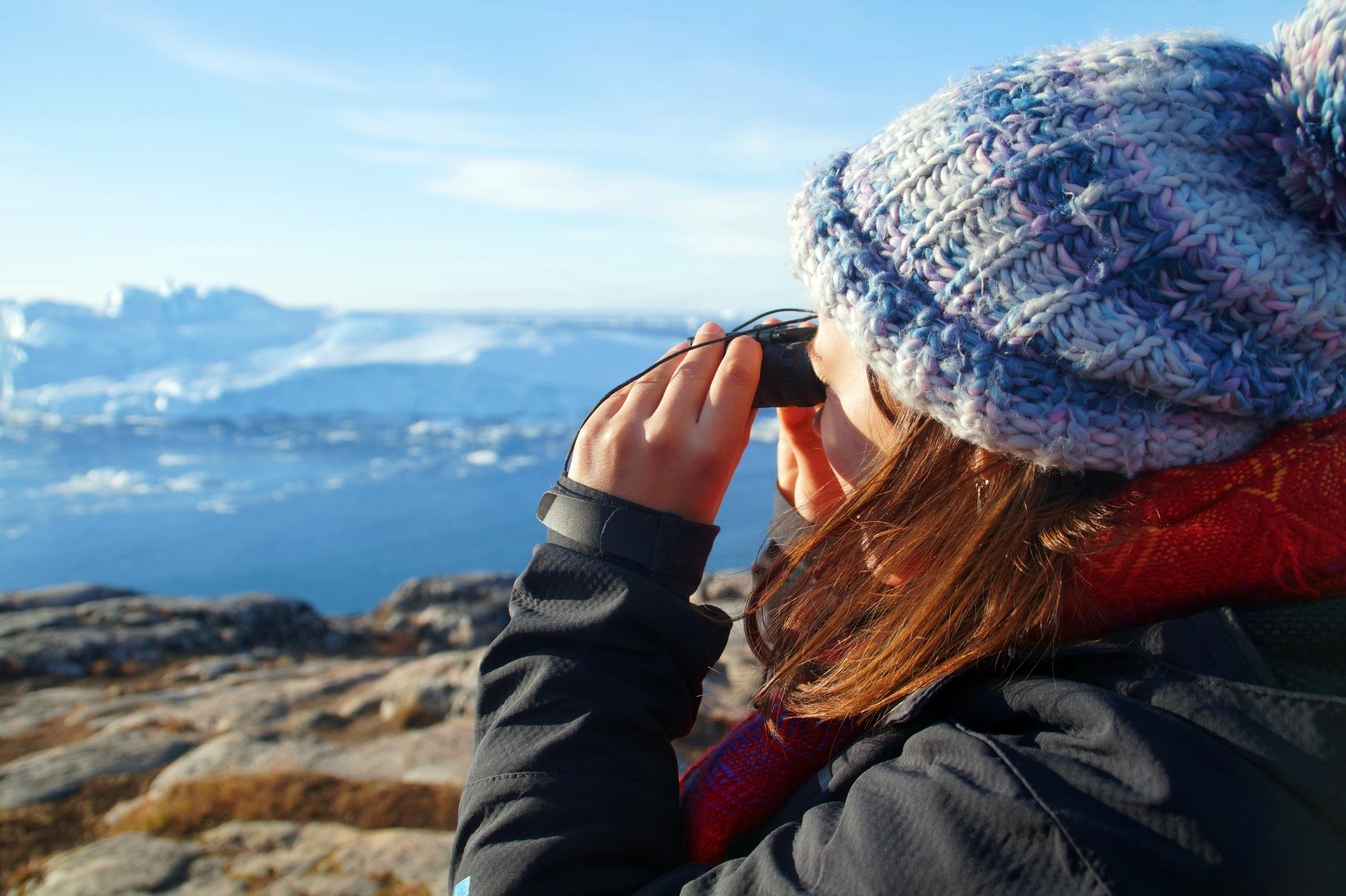
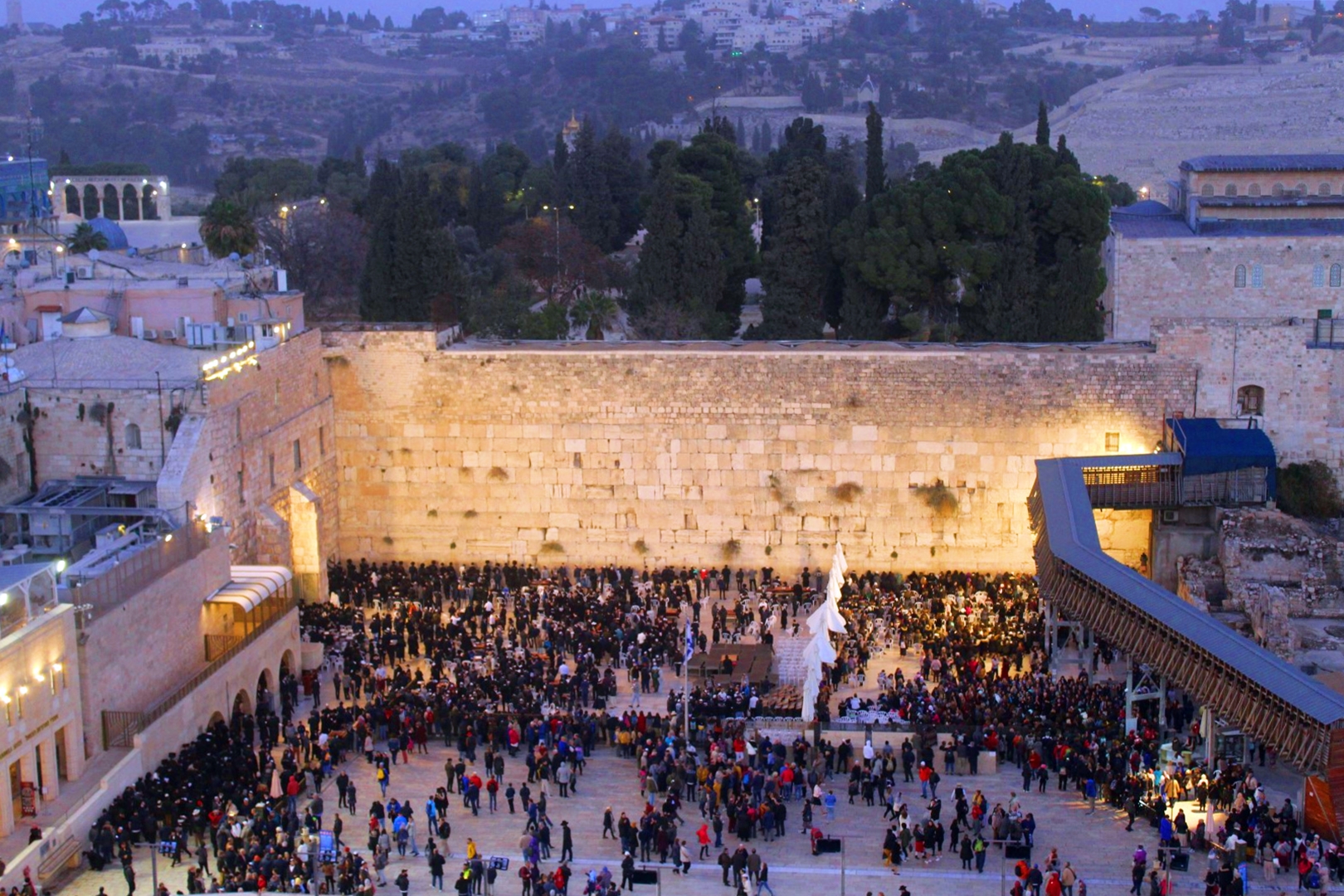
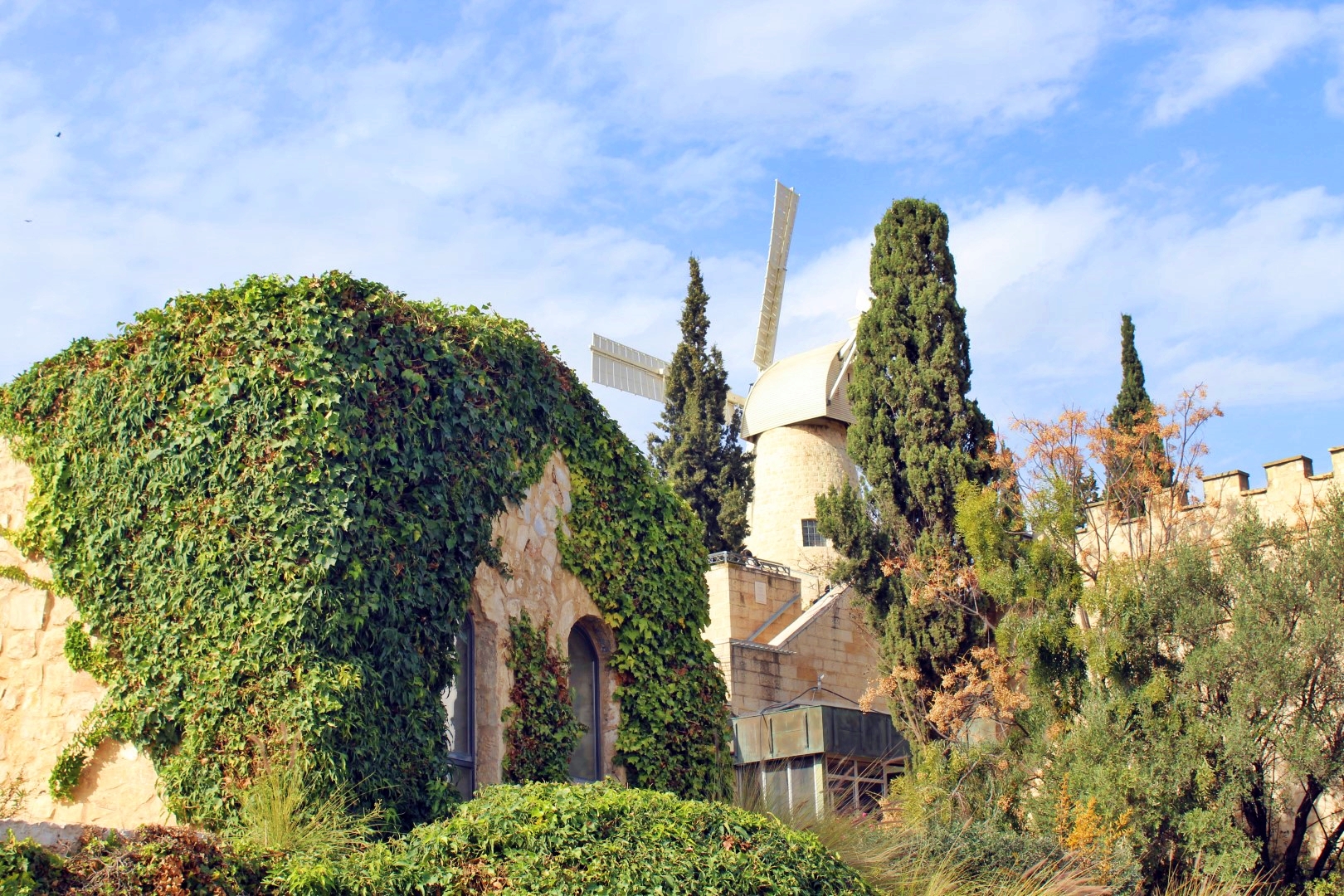
Leave a Comment